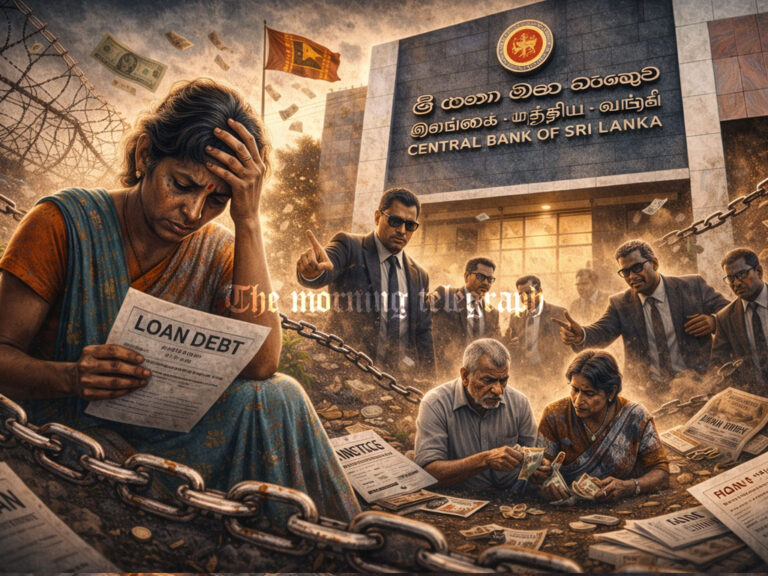
New Delhi, India – The diplomatic relationship between India and Bangladesh has been strained following recent comments from Bangladesh’s interim leader, Muhammad Yunus. Yunus’s remarks and the ongoing presence of former Prime Minister Sheikh Hasina in India have exacerbated tensions between the neighboring countries.
During an interview with Press Trust of India, Yunus, currently leading Bangladesh’s interim administration, expressed frustration over Hasina’s continued stay in India. He urged the Indian government to prevent Hasina from making any political statements while she remains in Delhi. Yunus’s call for Hasina to “keep quiet” while in India reflects ongoing irritation regarding her presence and recent controversial statements made after her arrival.
Hasina, who led Bangladesh for 15 years and was known for her pro-India stance, left a legacy of close strategic and economic ties between the two nations. Her administration was instrumental in addressing anti-India insurgent groups and settling border disputes. However, her stay in India has become a point of contention, complicating diplomatic relations.
Yunus’s comments, described by some as “megaphone diplomacy,” have surprised Indian officials and former diplomats. Critics argue that such public statements are unhelpful and should be addressed through diplomatic channels rather than the media. Indian officials are reportedly displeased with Yunus’s approach, which they see as exacerbating the already tense situation.
The Indian foreign ministry has yet to officially respond to Yunus’s remarks, but there is a sense of frustration within diplomatic circles. Former Indian high commissioner to Dhaka, Veena Sikri, has criticized Yunus’s public statements, suggesting that they undermine quiet diplomatic discussions and questioning the basis for his claims about the bilateral relationship being “at a low.”
In response, Bangladesh’s foreign ministry defended Yunus’s right to express his views through the media, arguing that such dialogues are common in international relations.
Additionally, there are ongoing efforts within Bangladesh to extradite Hasina to face charges related to the killings during recent anti-government protests. However, experts believe that the likelihood of her extradition is slim, given her status as a guest of India and the complex nature of international legal proceedings.
The tension is further compounded by the recent release of convicted Islamist militants in Bangladesh, which has raised concerns in India about security and the potential for increased radical activity in the region.
As India and Bangladesh navigate these diplomatic challenges, the situation remains fluid, with ongoing scrutiny from both nations and the international community.




